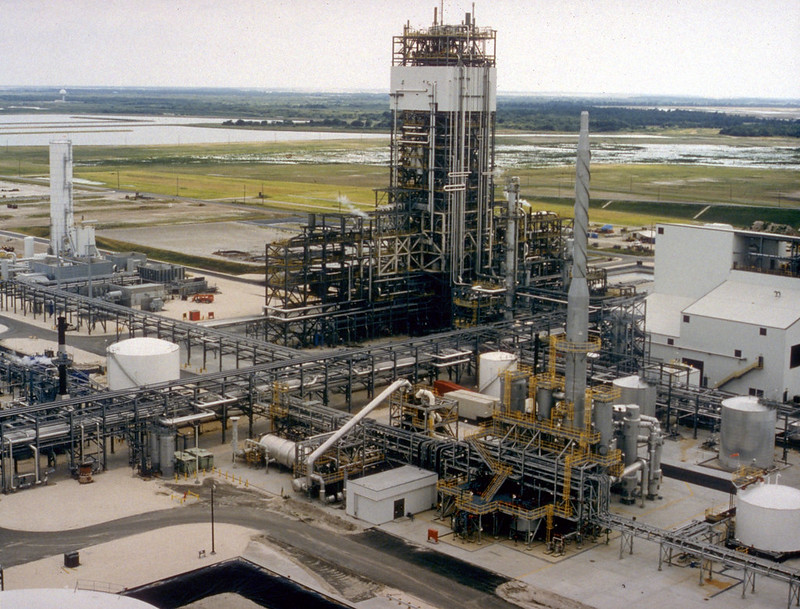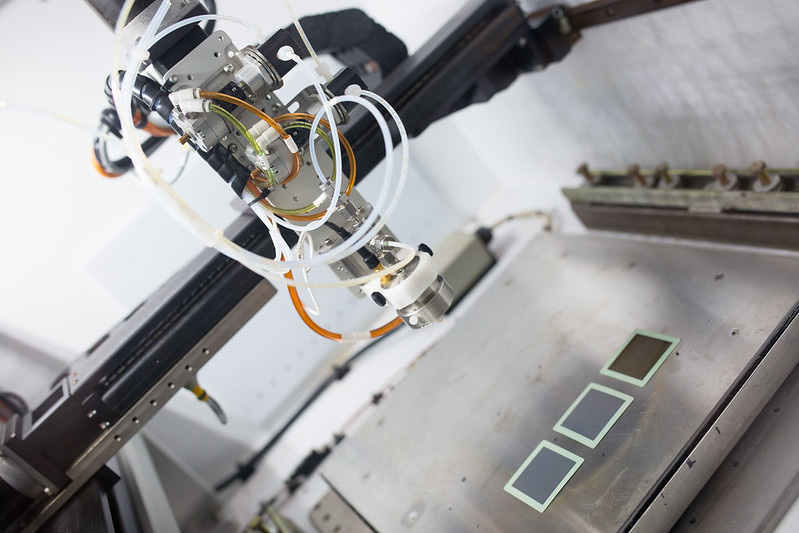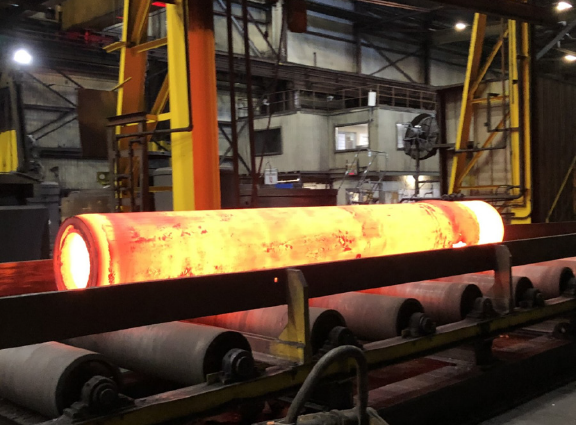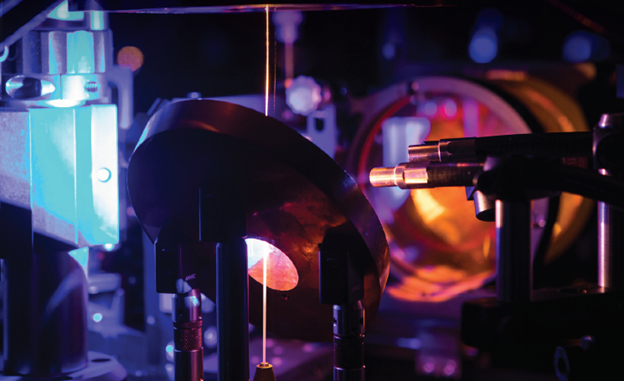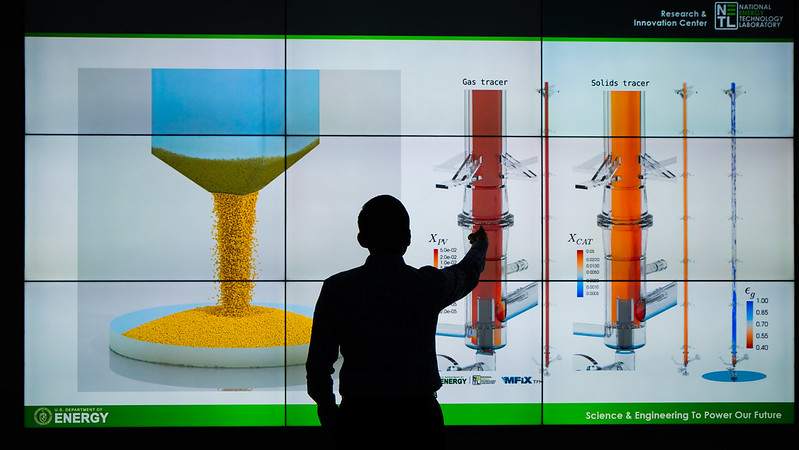Hydrogen with Carbon Management
As part of the U.S. Department of Energy (DOE) Office of Fossil Energy and Carbon Management's Hydrogen with Carbon Management (HCM) Program, NETL’s research focuses on the development and use of advanced fossil energy systems and associated technologies.
Hydrogen with Carbon Management Technologies
Gasification Systems
The DOE Gasification Systems Program is developing innovative designs for converting diverse types of coal and opportunity feedstocks into clean synthesis gas to enable the low-cost production of electricity, transportation fuels, chemicals (including hydrogen) and other useful products to suit market needs. Advancements in this area will help enable syngas-based technologies to play a role in multiple energy sectors while remaining competitive in both domestic and international markets. These advancements will spur on the use of abundant domestic fossil fuel resources, contribute toward increased energy security of the United States, and promote American energy dominance.
Advanced Turbines
Advanced Turbines Program is developing innovative advanced turbine technologies to enable higher efficiency and fuel flexibility with the goal of producing reliable, affordable and diverse energy supplies.
Solid Oxide Fuel Cells
The NETL Solid Oxide Fuel Cell (SOFC) Program maintains a portfolio of research, development and demonstration projects that address the technical issues facing the commercialization of SOFC technologies and includes pilot-scale testing projects intended to validate the solutions to those issues. To successfully complete these technologies’ maturation from its present state to the point of commercial readiness, the program’s efforts are channeled through three key technologies, with a respective research focus. These key technologies include: (1) cell development, (2) core technology and (3) systems development. The program will focus on research to develop low-cost, low-total-resistance, higher-current systems for increased power generation using domestic natural gas and/or coal-derived syngas.
Advanced Energy Materials
The Advanced Energy Materials program focuses on unleashing domestic energy production and use by improving high-temperature power generation technologies, particularly advanced turbines for efficient and low-cost electricity generation from domestic natural gas (NG). While past innovations like advanced welding, ceramic matrix composites/environmental barrier coatings, and the advanced-ultrasupercritical program have aided cycling power plants, current materials and methods still require improvement in durability, operational flexibility and longevity when used in extreme conditions.
Sensors, Controls, and Other Novel Concepts
The Sensors, Controls, and Novel Concepts (SCONC) Program supports American energy innovation by accelerating the development, testing, and application of novel sensors and control technologies, leveraging AI/ML and high-performance computing, and working cooperatively with the technology-specific programs (e.g., Turbines, Gasification, and Solid Oxide Fuel Cells) to support testing and deployment.
Simulation-Based Engineering
NETL’s Simulation-Based Engineering (SBE) program guides a multidisciplinary approach comprising software development, computational power, data repositories, experimental facilities, and unique partnerships to support research into timely and accurate solutions for energy and carbon management systems. Analysis and visualization tools are manipulated to gain scientific insights into complex, uncertain, high-dimensional, and high-volume datasets. The information generated is then collected, processed, and used to inform research that combines theory, computational modeling, advanced optimization, physical experiments, and industrial input with a focus on three Key Technology Areas: Advanced Process Simulation, Multiphase Flow Science and the Wafer Scale Engine.




